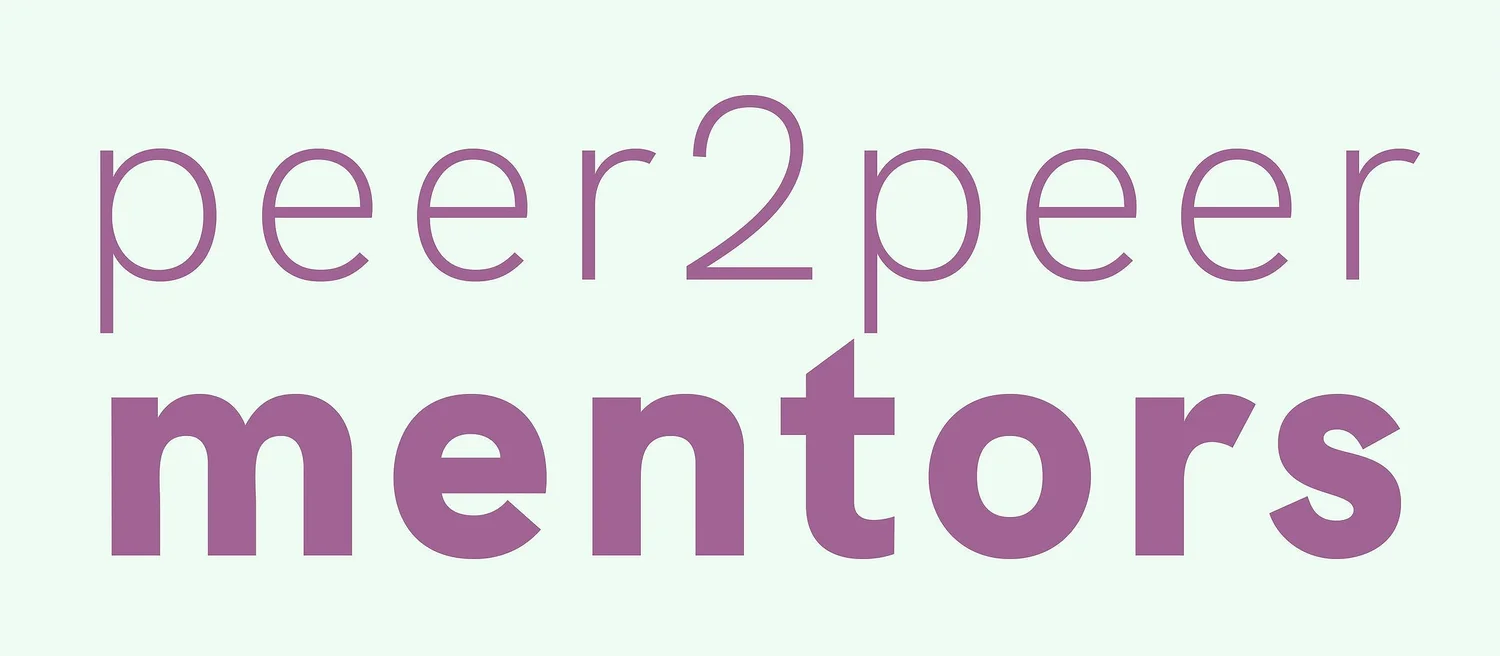How a Psychosocial Recovery Coach Can Support Your Mental Health Journey
Having a mental health condition can influence the whole of your life your work and relationships, daily activities, and your sense of independence. NDIS acknowledges these issues and provides specially designed support through services like psychosocial recovery coaches, whose sole concentration is to enable individuals with psychosocial disabilities to reclaim their mental health path.
If you wish to learn new skills, rebuild confidence, or become re-engaged in your community, a psychosocial recovery coach provides one-to-one coaching, planning, and encouragement step by step.
What is a Psychosocial Recovery Coach?
A recovery coach is a support worker funded by the NDIS with mental health skills who works with participants with psychosocial disability. General support coordinator may have loads of various skills, but recovery coaches have expertise in mental health recovery. They use the sport of coaching and their mental health skills to assist participants in building capacity, goal setting, and independent living plans.
They base their support on partnership, empowerment, and respect for your own recovery process. Recovery coaches work with you, your carers, and clinical supports to develop a recovery-oriented plan that suits your individual requirements.
Individualised Support for Daily Living
Daily living structure might be hard to attain if you have mental illnesses. A psychosocial recovery coach in Melbourne will help you identify realistic approaches to managing NDIS daily living tasks like
· Meal preparation and planning
· Medication management
· Personal grooming and care
· Timetable planning and housework
Rather than doing these activities for you, your recovery coach will help you learn habits and self-confidence that allow long-term self-sufficiency. This kind of individualised assistance can powerfully contribute to helping you feel more competent and self-sufficient within your own environment.
Building Links to Community and Social Supports
A central aspect of recovery from mental illness is staying engaged with others, things, and activities that are a source of enjoyment and significance in life. Your recovery coach can arrange for you to be matched with an NDIS community participation provider who will help you engage in social, educational, and recreational activities in your community.
This might include:
· Membership of peer networks or support groups
· Volunteer work or skill-building programs
· Taking part in local clubs or activities
· Helped arrange visits with family or friends to get together
The goal is to reduce loneliness and assist you in building habits and relationships for good emotional well-being.
Working Together with Other Supports
Recovery coaches are not to take the place of your other supports they work together. They can work together with mental health professionals, your family, and your community support worker to create a coordinated and systemic effort on your behalf.
Your recovery coach can organise these services for you so that you receive the right help at the right time. If you need to change, they will assist you through the NDIS system to have your plan renewed and obtain new services.
Building Confidence and Resilience
Recovery is personal. Your psychosocial recovery coach helps you define what recovery will look like to you. Perhaps that's a return to stable housing, rebuilding education, recovering from a strained family history, or feeling safe and self-confident in your daily life.
With as-frequently-as-necessary sessions, your coach helps you:
Set realistic personal goals
Develop resilience and problem-solving
Develop hope and motivation
Learn coping skills best suited to you
It is a relationship that is founded upon respect and trust, which enables you to go at your own pace.
Wrapping Up
If you do have a psychosocial disability, then a psychosocial recovery coach can be an integral part of your support team. With their help, you will be able to manage NDIS daily activities in Melbourne more effectively, connect with an NDIS community participation provider, and effectively negotiate with your community support worker to progress to a safer and better life.
Lastly, recovery is not fixing you it is learning, improving, and living the kind of life that is important to you. With the right support and guidance, your mental health recovery can be one of resilience, empowerment, and healing. Contact us today to learn more about NDIS support services in Melbourne.

